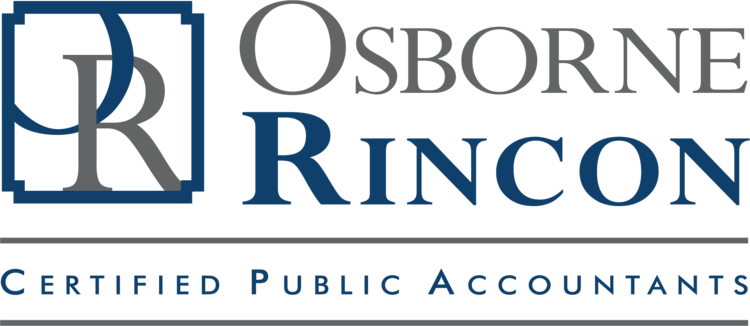By: Jeffrey J. Becker, Osborne Rincon CPAs
Perhaps you’ve been hearing in the news about The Inflation Reduction Act – wondering what that means for you. We’re breaking down this Act and what it covers so businesses and individuals can determine how they may benefit from it.
The Inflation Reduction Act was signed into law August 16, 2022. The Act contains tax benefits for health care, residential energy-efficient home improvements, residential clean energy, alternative fuel property and clean vehicle credits.
Essentially, it extends the Affordable Care Act subsidies for the premium tax credit to taxpayers whose household income exceeds 400% of the poverty line through 2025. Additionally, Medicare out-of-pocket drug costs are capped at $2,000 per year.
The Nonbusiness Energy Credit is extended through 2032, and now equals 30% of the amount paid for certain residential energy-efficient home improvements and appliance purchases. It has increased from a $500 maximum lifetime credit to a credit up to $1,200 annually. Some examples and annual limits for the Nonbusiness Energy Credit include:
· $250 for an exterior door or $500 total for all exterior doors.
· $600 for exterior windows, skylights, central air conditioners and electric panels.
· $600 for natural gas, propane or oil water heaters.
· $2,000 for electric or natural gas heat pump water heaters, electric or natural gas heat pumps, and biomass stoves and boilers.
The Residential Clean Energy Credit increases the credit amount to 30% from 2022 through 2032 for the cost to install qualifying systems that use solar, wind, geothermal, biomass or fuel cell power to produce electricity, heat, water, or to regulate the temperature in your home.
The Alternative Fuel Refueling Property Credit is equal to 30% of the costs installed in the home up to $1,000. This would apply to most homeowners for the purchase of equipment used to recharge an electric vehicle.
Additionally, the Clean Vehicle Credit includes a $7,500 credit for new vehicles and $4,000 for used vehicles. It contains requirements that the final assembly of the vehicle occurred in North America and removes the limitation on the number of vehicles eligible for the credit per manufacturer. There are also requirements regarding critical minerals used in in the car, must have been extracted or processed in the United States or in a country that the United States has a free trade agreement in place. The credit for new or used vehicle may not be allowed for taxpayers with an annual income that exceeds annual limits.
The Inflation Reduction Act includes provisions reducing the total cost of residential or business property upgrades, appliances, battery energy storage and electric vehicles that increase energy efficiency. A tax provider can share more regarding qualifying purchases, credit amounts, income limits, or additional qualifying provisions. If you are seeking a trusted tax advisor, contact Osborne Rincon CPAs at (760) 777-9805.
Jeffrey J. Becker, CPA, serves as Tax Manager for Osborne Rincon CPAs. Becker joined the firm in early 2022, and has 15 years of experience in accounting which includes taxation, forensic accounting and financial reporting. He holds a Master of Business Administration – Finance & Management from Tulane University. Osborne Rincon is one of the oldest and most respected full-service accounting firms in the Coachella Valley. To learn more, go to OsborneRincon.com.
